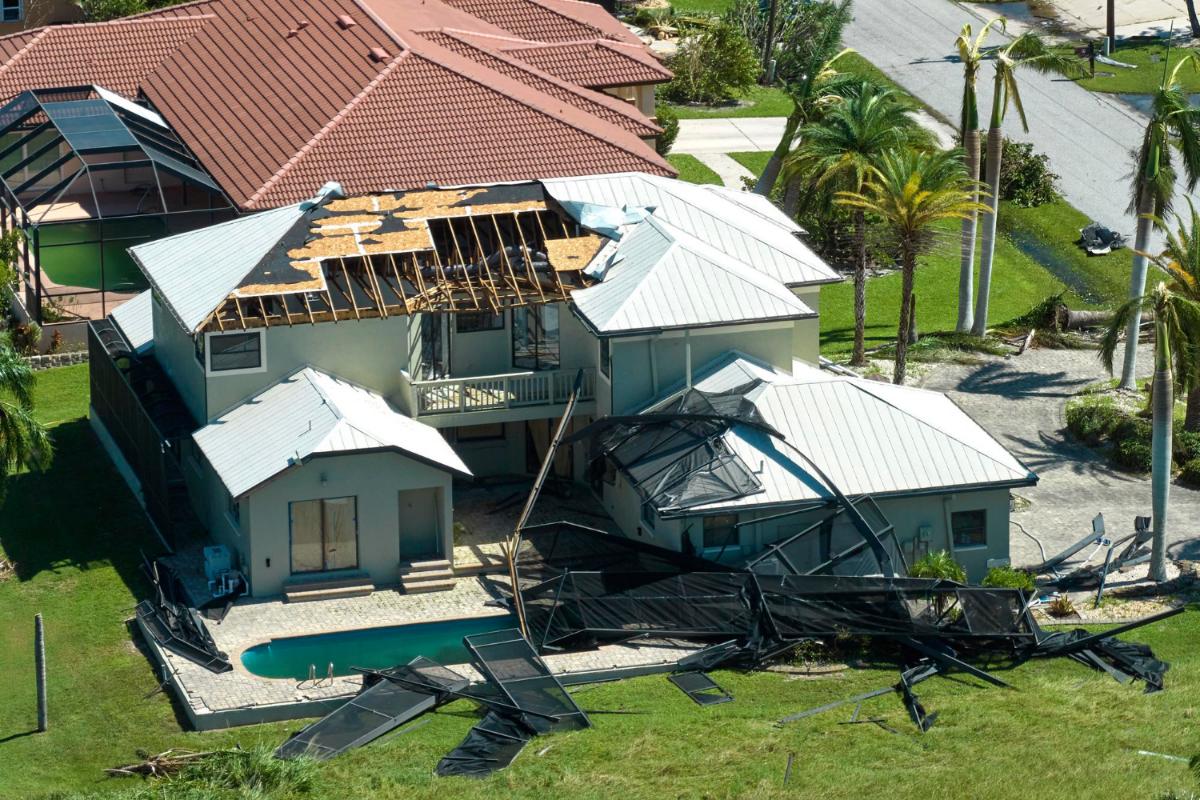 (888) 979-7969
(888) 979-7969
 (888) 979-7969
(888) 979-7969

Insurance claims for property damage are complex to navigate without background. Your insurer usually demands an inspection of your property damage to resolve your claim's facts and a calculated price of repair or replacement.
Most policy holders are unfamiliar with how insurance claims operate. It is not unusual for people to have never filed an insurance claim in the past. Even when you have filed a prior claim, each one is distinct, and the circumstances can differ significantly. Our public claims adjuster in Central Florida offers details on what to expect during the insurance claim inspection process.
A claim is filed- You incur property damage and then file an insurance claim against your policy. Once you reach your insurer, an agent manages the claim and assigns a claims number.
The insurance company assesses your claim- The claim is assessed by sending a claims adjuster to review the damage to your property. Videos or pictures of the damage may be employed to support the claim if it is simple or small.
The insurance company endorses or rejects the claim you have made- When a claim is denied, no payment is made toward your loss. When approved, your insurer may pay a repair contractor directly or mail you a check to cover the cost of restorations or replacement.
Your claim is closed- Once the restorations are complete and you have obtained compensation for your loss, your claim is closed. Once this is complete, your insurance company has met its commitment to make your loss whole after the incident leading to your claim.
Inspections are a part of assessing your property damage claim. It will be rejected or approved based on the inspection. Your insurer may not demand an inspection for insignificant claims. Instead, they may take video and photo evidence of the loss with no need for a physical examination of the loss.
However, most cases require an inspection before rejecting or endorsing your damage claim. They will send an insurance adjuster to your property to assess the validity of your claim. Their purpose is to analyze the damage, provide an appraisal for repairs, and pay you the lowest amount they are lawfully required to cover on your claim based on your particular insurance policy.
Do not forget that insurers are for-profit commodities; their objective is to make returns and never pay more than they have to. Therefore, they will disburse the smallest amount required by law to cover your damages based on your policy agreement. In addition, their adjuster will scrutinize for clear signs of wear and tear, intentional damage or fraud, and other circumstances that can lower their liability.